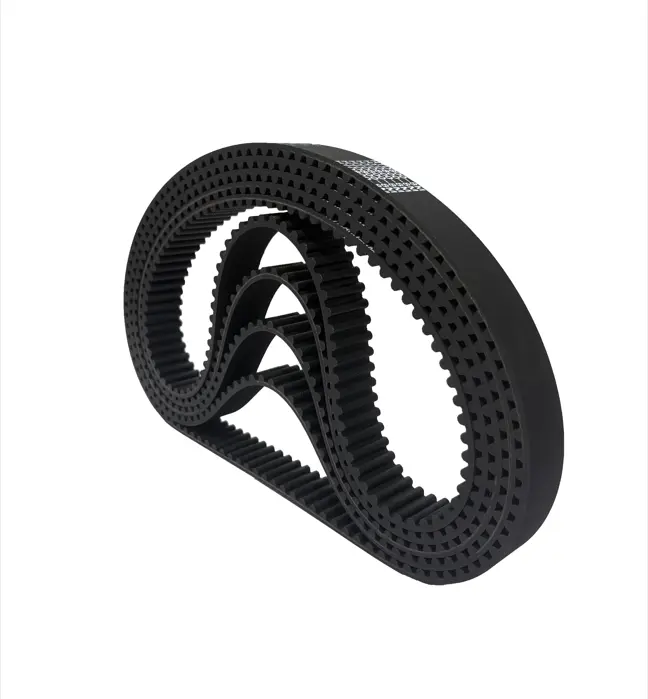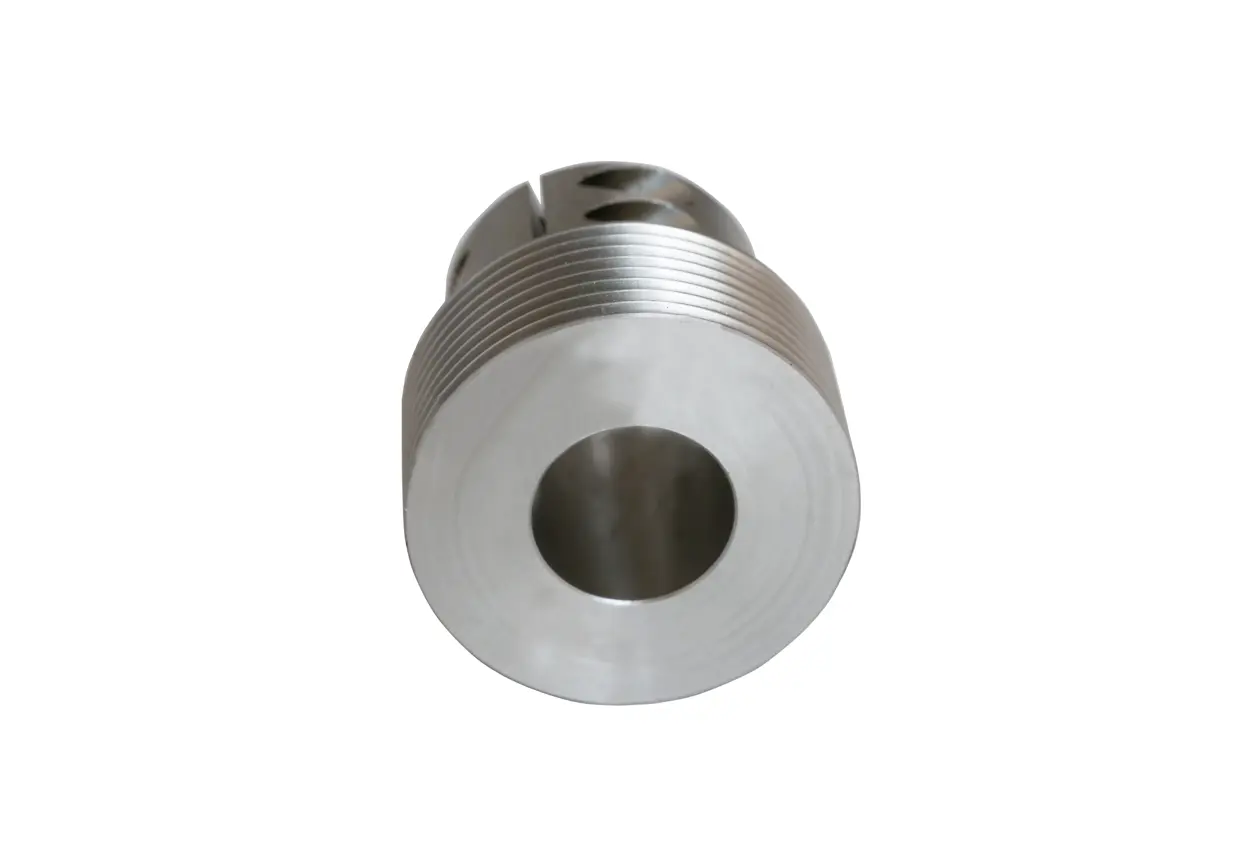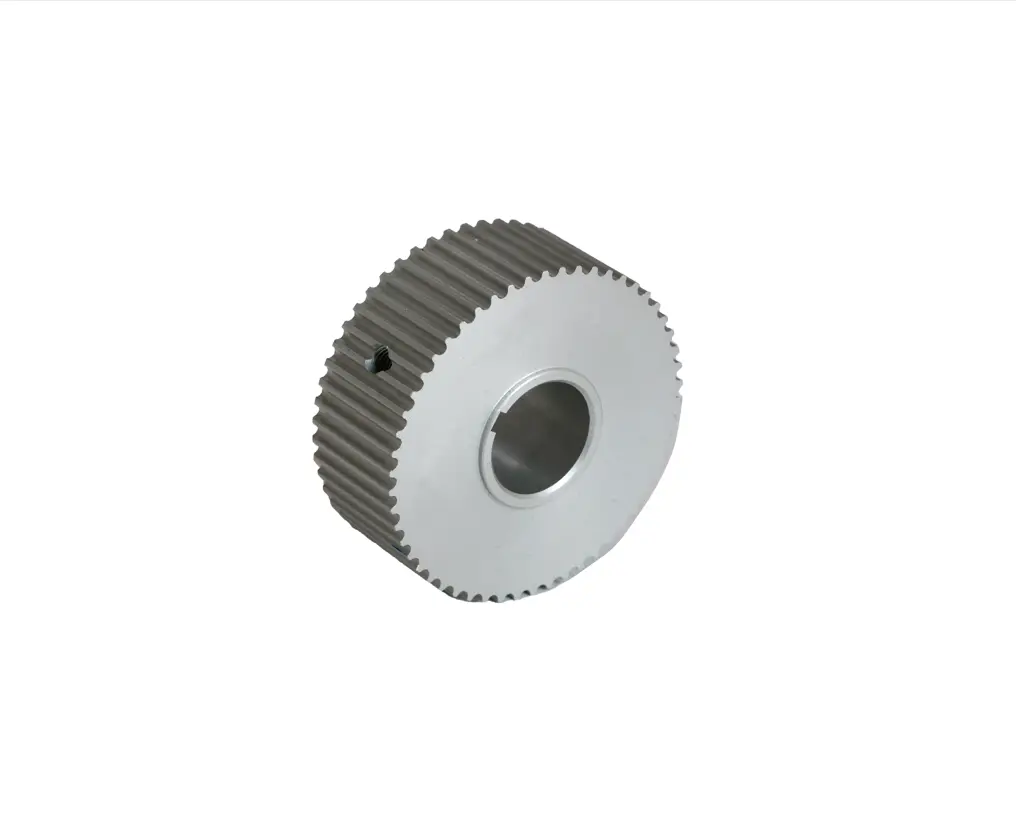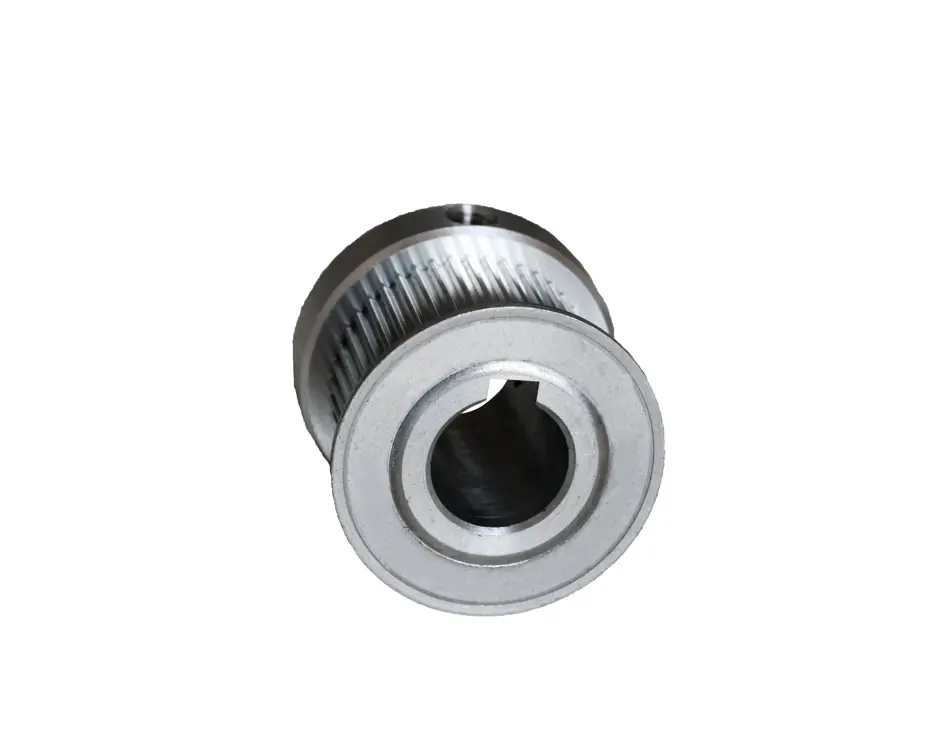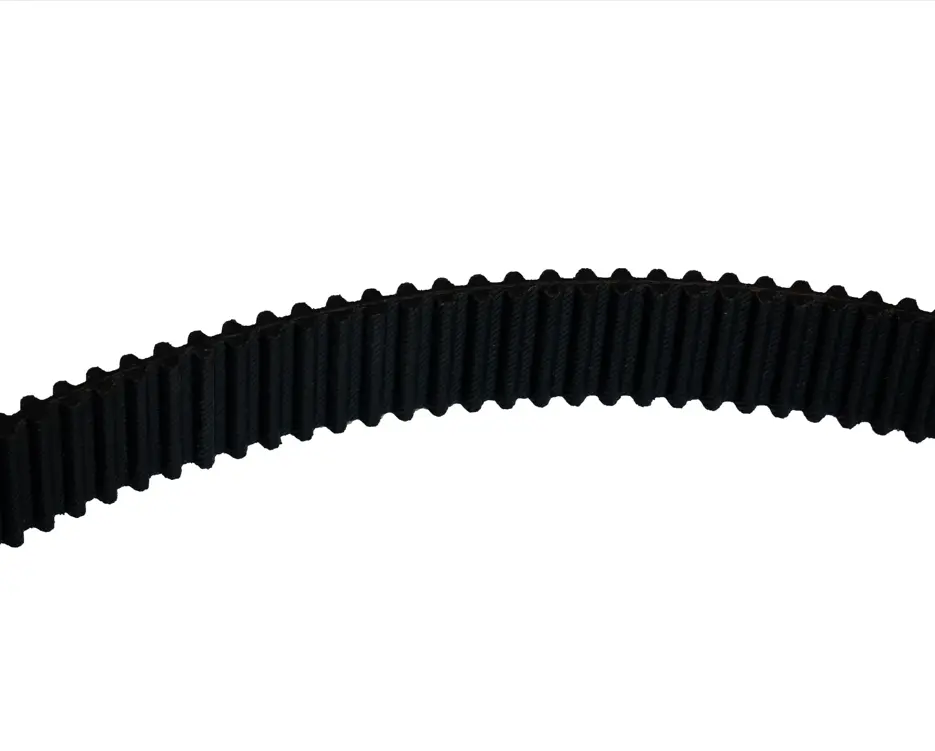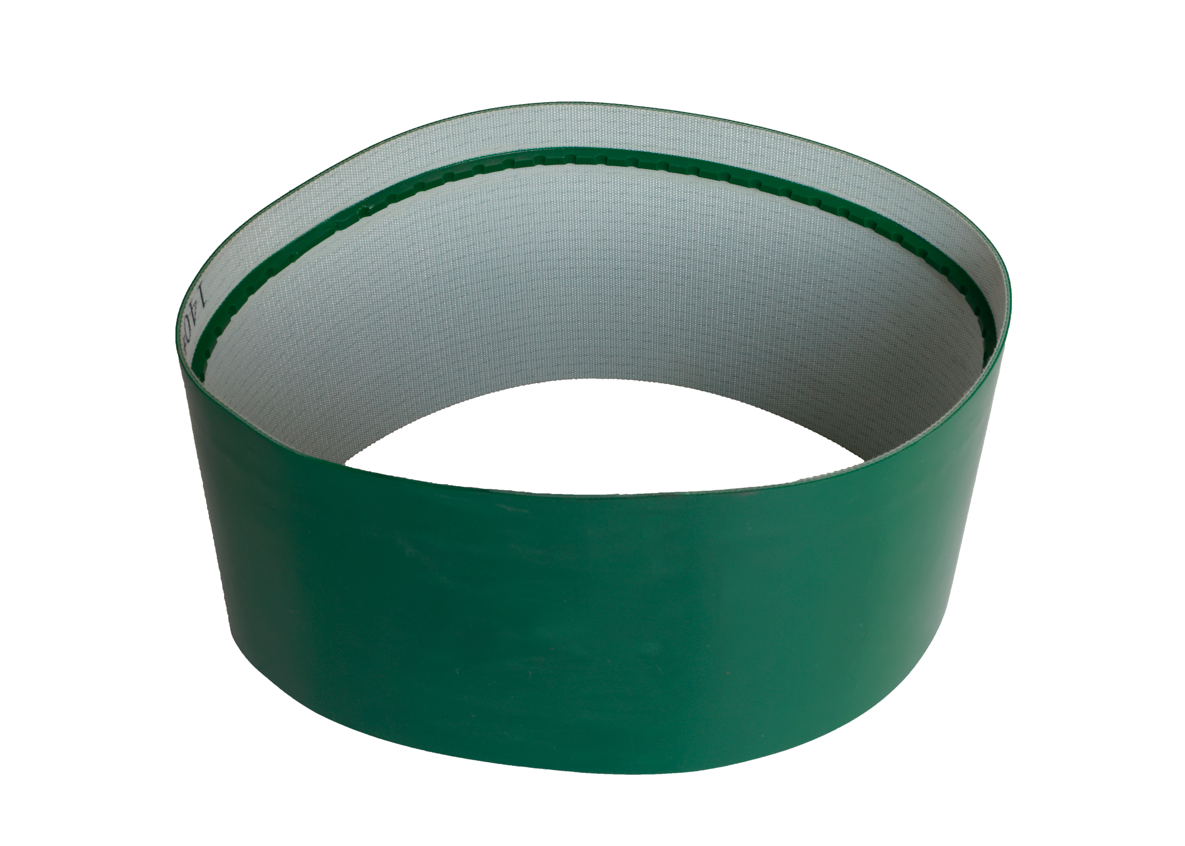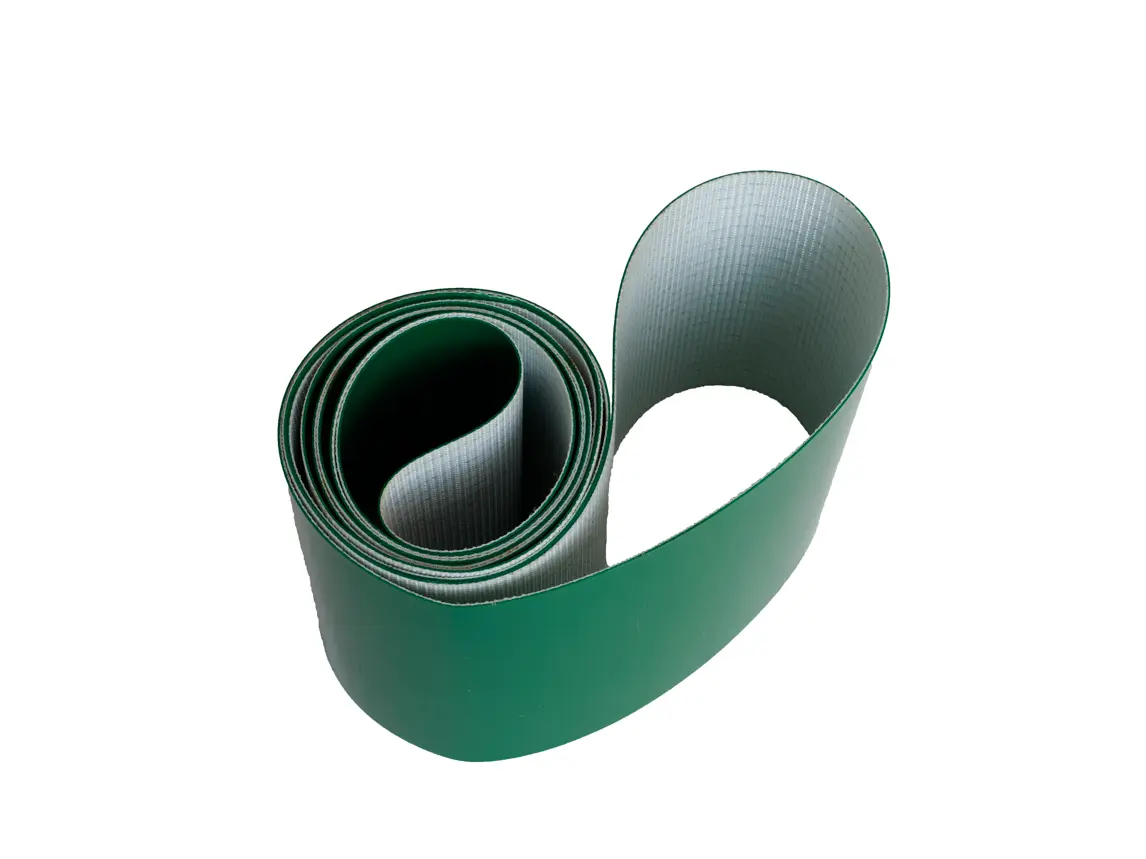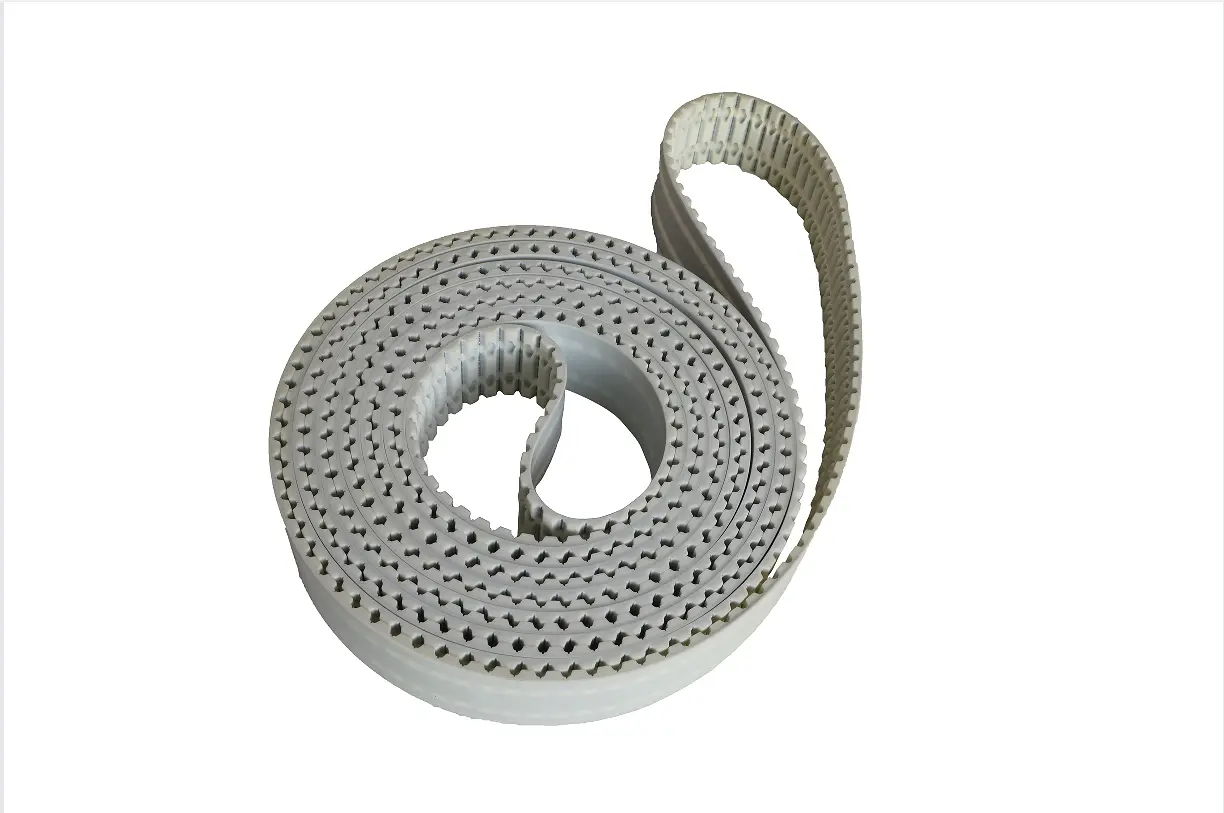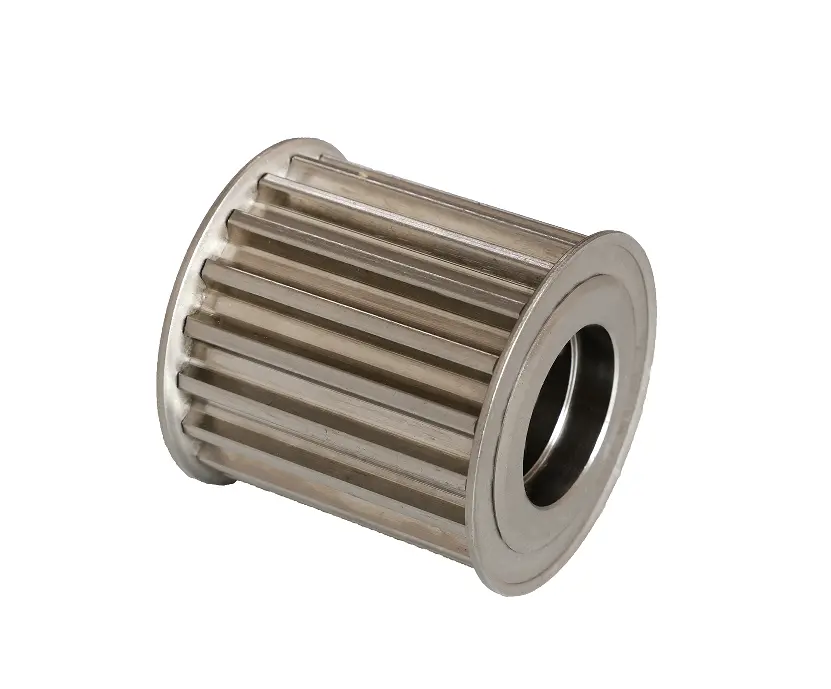How Seamless PU Belts Enhance Durability in High-Cycle Operations?
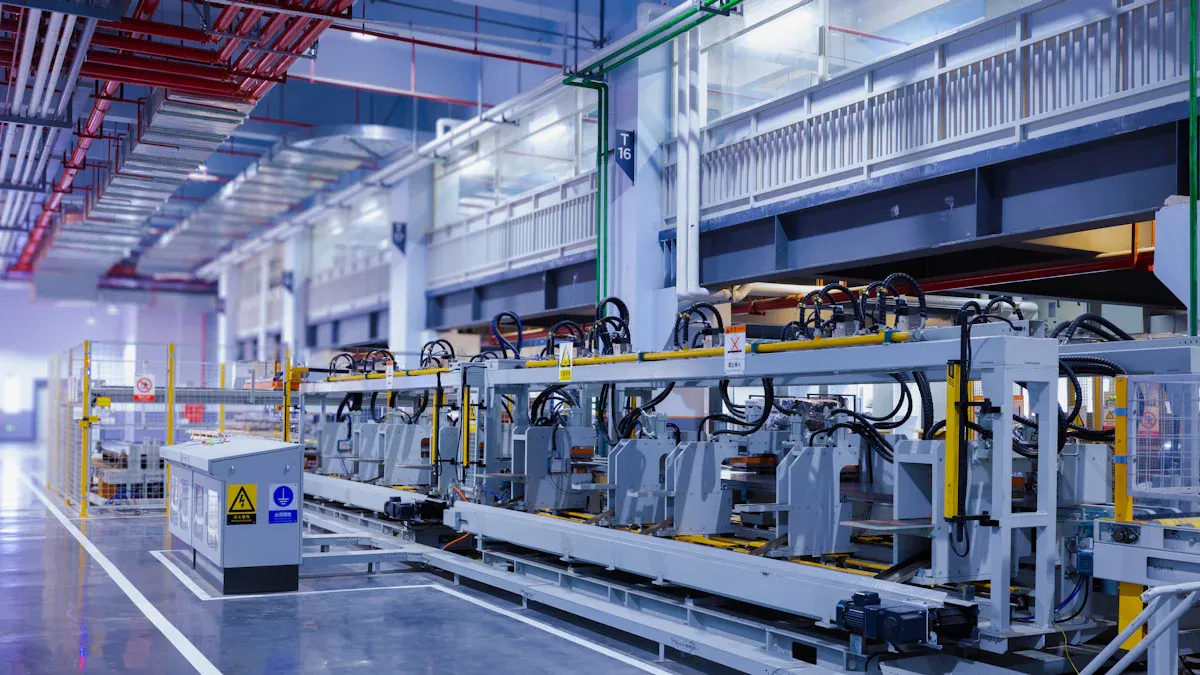
PU Seamless Synchronous Belts excel in high-cycle operations due to their exceptional durability. Crafted from high-quality polyurethane, these belts resist wear and tear, ensuring long-lasting performance. Their seamless design eliminates weak points, making them ideal for demanding environments such astextile manufacturing and conveyor systems.
Key Takeaways
- Seamless PU belts are made from high-quality polyurethane, offering exceptional durability and resistance to wear, making them ideal for high-cycle operations.
- The seamless design eliminates weak points, resulting in longer lifespan, smoother performance, and reduced noise levels, which benefits industries like manufacturing and logistics.
- Regular cleaning and inspections are essential for maintaining PU belts, preventing wear and ensuring reliable performance in demanding environments.
Material Composition of PU Seamless Synchronous Belts

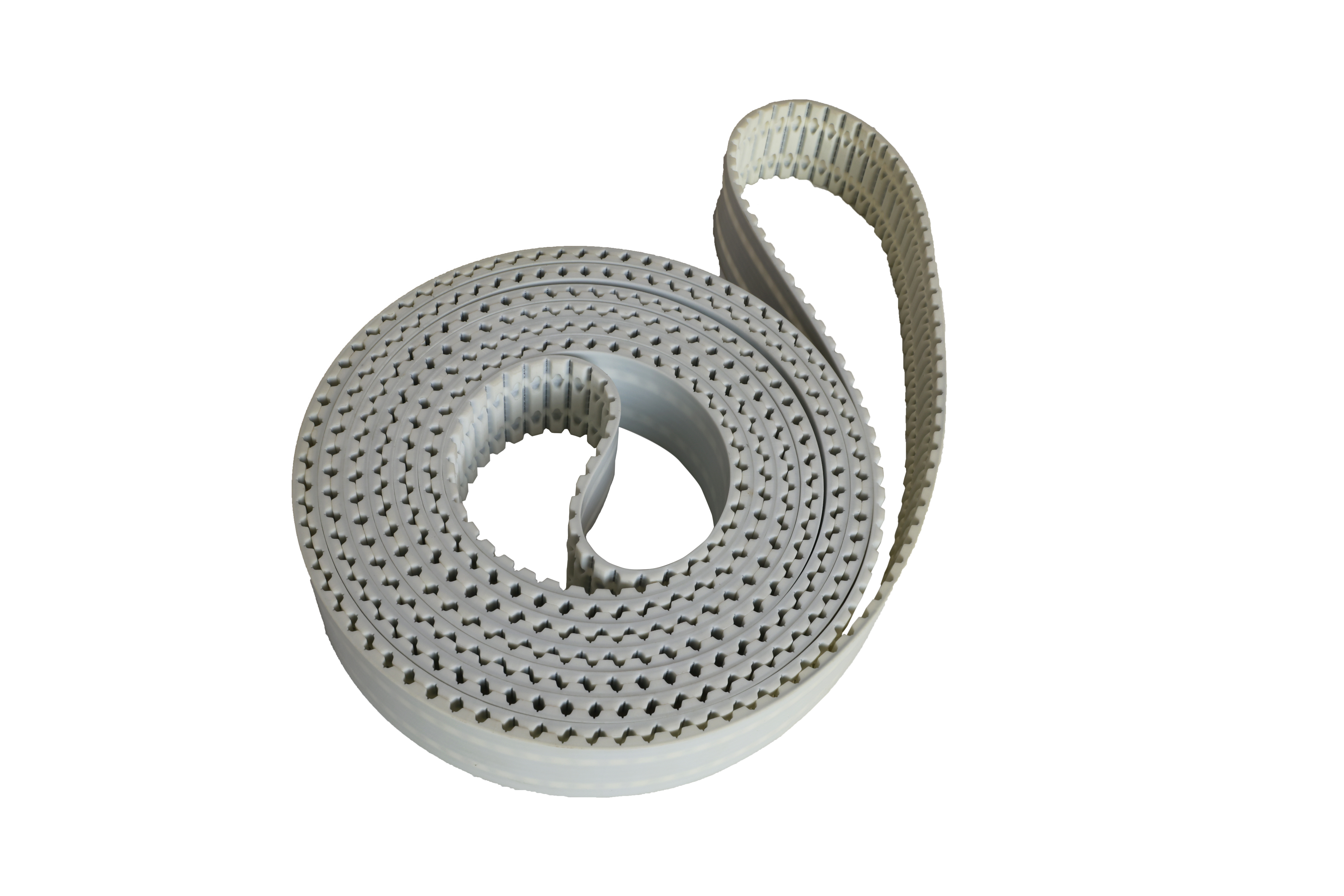
When it comes to the durability of PU seamless synchronous belts, the material composition plays a crucial role. Understanding the properties of polyurethane and the advantages of a seamless design helps highlight why these belts excel in high-cycle operations.
Polyurethane Properties
Polyurethane is a versatile material known for its impressive characteristics. Here’s a quick look at some of its key properties:
| Property | Description |
|---|---|
| High Durability | Designed to withstand high loads and resist wear, ensuring a longer lifespan compared to traditional rubber belts. |
| Temperature Resistance | Can operate effectively in a wide range of temperatures, suitable for both hot and cold environments. |
| Low Stretch | Minimal elongation under load, maintaining shape and performance over time. |
| Chemical Resistance | Resistant to oils, solvents, and other chemicals, ideal for harsh environments. |
| Precision Engineering | Ensures accurate synchronization between components, enhancing overall machinery performance. |
These properties make polyurethane an excellent choice for seamless PU belts. They can handle the demands of various industries, from manufacturing to logistics, without compromising performance.
Benefits of Seamless Design
The seamless design of PU belts brings several advantages that enhance their functionality. By eliminating joints, which are often weak points in traditional belts, manufacturers create a product that offers:
- Enhanced Flexibility: The absence of seams allows for greater flexibility, making these belts adaptable to different operational needs.
- Longer Operational Lifespan: With no joints to wear out, seamless belts tend to last longer, especially in high-cycle environments. This means fewer replacements and less downtime for maintenance.
- Smoother Performance: The seamless construction reduces vibrations during operation. This smooth performance is particularly beneficial for high-speed precision equipment, such as CNC machines and 3D printers.
- Reduced Noise Levels: The combination of polyurethane material and seamless design results in quieter operation, making these belts perfect for noise-sensitive environments like medical devices and laboratory instruments.
Performance Characteristics of Seamless PU Belts
Seamless PU belts stand out in high-cycle operations due to their remarkable performance characteristics. These belts not only excel in durability but also offer impressive resistance to heat, load, and chemicals. Let’s explore these features in detail.
Heat Resistance and Thermal Stability
Seamless PU belts demonstrate excellent heat resistance and thermal stability. They can operate effectively in environments with fluctuating temperatures. This capability is crucial for industries where machinery generates significant heat during operation.
- High-Temperature Tolerance: PU materials can withstand high temperatures without losing their structural integrity. This means they maintain performance even in extreme conditions.
- Consistent Performance: The thermal stability of these belts ensures that they do not warp or degrade over time, which is essential for maintaining efficiency in high-cycle applications.
Load Capacity and Stress Resistance
When it comes to load capacity, seamless PU belts are engineered to handle substantial weight and stress. Their design allows them to distribute loads evenly, reducing the risk of failure.
- Enhanced Load Distribution: The seamless construction eliminates weak points, allowing for a uniform distribution of stress across the belt. This feature significantly increases the load capacity.
- Durability Under Pressure: These belts can endure high tensile forces, making them suitable for demanding applications like conveyor systems and automated machinery.
Chemical Resistance and Durability
Seamless PU belts also excel in chemical resistance, making them ideal for environments where exposure to harsh substances is common.
- Resistant to Corrosion: PU materials resist oils, solvents, and various chemicals, ensuring that the belts do not degrade when exposed to these substances.
- Long-Lasting Performance: This chemical resistance contributes to the overall durability of the belts, allowing them to maintain their functionality over extended periods.
To illustrate the advantages of seamless PU belts, consider the following comparison with traditional belts:
| Feature | Seamless PU Belts | Traditional Belts |
|---|---|---|
| Noise Level | Runs quietly | May introduce noise due to splices |
| Vibration Control | Improved due to tension balance | Higher vibration due to splices |
| Surface Smoothness | Smoother surface for better tracking | May have uneven surfaces |
| Bearing Life | Enhanced due to reduced noise/vibration | Shorter due to increased wear |
| Machine Stability | Improved stability | Less stable due to tension imbalance |
This table highlights how seamless PU belts outperform traditional belts in terms of noise reduction, vibration control, and overall stability.
Maintenance Practices for PU Seamless Synchronous Belts
Maintaining PU seamless synchronous belts is crucial for ensuring their longevity and performance. Regular cleaning and inspections can prevent premature wear and keep operations running smoothly. Here’s how to care for these belts effectively.
Cleaning and Care Techniques
Routine cleaning is essential for maintaining the integrity of PU belts. A clean surface prevents debris buildup, which can lead to accelerated wear. Here are some effective cleaning methods:
- Wash Down: Use water and appropriate cleaning solutions to remove debris and contaminants. This method is effective due to the smooth, non-porous surface of polyurethane.
- Regular Maintenance: Implement suitable cleaning procedures to ensure the belts remain free from dust and residue. Accumulated contaminants can lead to premature failure.
Keeping the belts clean not only enhances their performance but also contributes to operational efficiency.
Inspection and Replacement Guidelines
Regular inspections help detect wear and damage early, preventing costly downtime. Here are some recommended inspection protocols:
- Visual Inspections: Regularly check for signs of wear, such as fraying edges and surface cuts.
- Physical Evaluations: Assess how the belt performs under load. Look for mis-tracking and slippage.
- Technology Integration: Consider using sensors or drones to identify internal damages that may not be visible.
Common maintenance issues include mistracking, slippage, and material carryback. Here’s a quick overview of these issues:
| Maintenance Issue | Description |
|---|---|
| Mistracking | Occurs when the belt deviates from its intended path, leading to uneven wear and potential damage. |
| Slippage | Happens when the belt fails to grip the pulleys adequately, often due to insufficient tension. |
| Material Carryback | Refers to residual materials sticking to the belt after discharge, causing buildups on rollers. |
| Seized Rollers | Rollers that cease to rotate properly can create friction points, leading to belt damage. |
| Wear and Tear | Continuous operation under harsh conditions leads to gradual deterioration of the belt material. |
By following these maintenance practices, operators can ensure that PU seamless synchronous belts remain reliable and efficient in high-cycle operations.
Seamless PU belts stand out for their durability in high-cycle applications. They offer a reliable choice for industries needing consistent performance.
Consider the cost benefits over time:
| Aspect | Seamless PU Belts | Traditional Rubber/PVC Belts |
|---|---|---|
| Initial Cost | Higher | Lower |
| Downtime | Reduced | Higher |
| Maintenance Costs | Lower | Higher |
| Sustainability | Recyclable | Less focus on recyclability |
| Environmental Impact | Minimized | Greater impact |
Investing in seamless PU belts can lead to long-term savings and a smaller environmental footprint.
FAQ
In this section, we address common questions about seamless PU belts and their benefits in high-cycle operations.
What industries benefit from seamless PU belts?
Seamless PU belts are ideal for industries like manufacturing, logistics, and medical equipment, where durability and performance are crucial.
How do I maintain seamless PU belts?
Regular cleaning and inspections help maintain seamless PU belts. Keep them free from debris and check for wear to ensure longevity.
Can seamless PU belts handle extreme temperatures?
Yes, seamless PU belts can operate effectively in both high and low temperatures, making them suitable for various environments.

